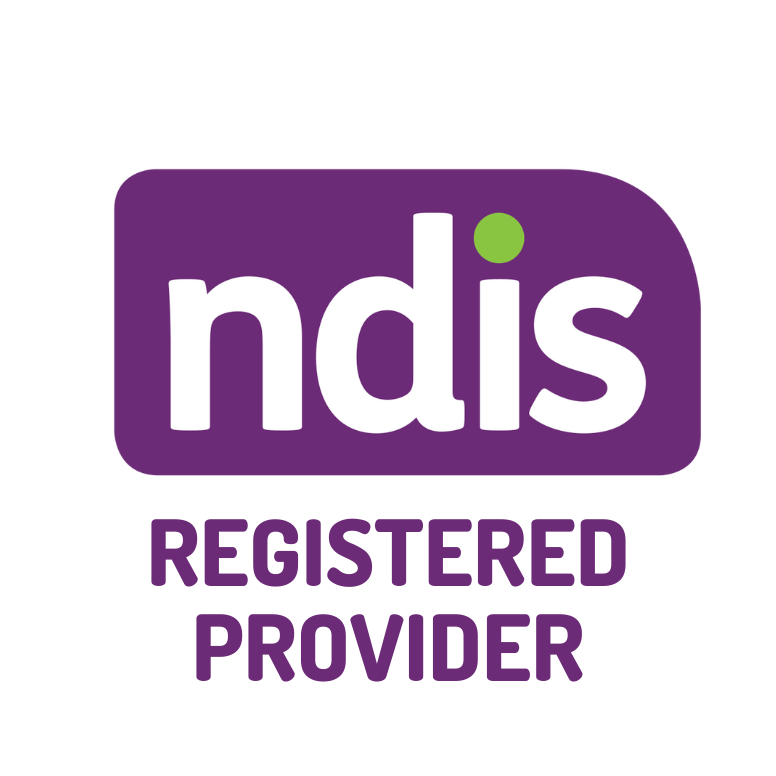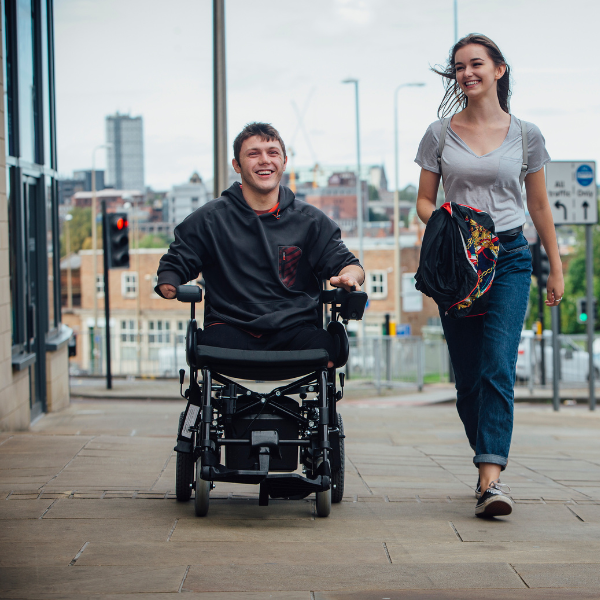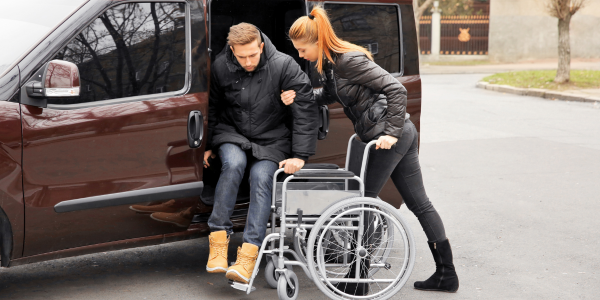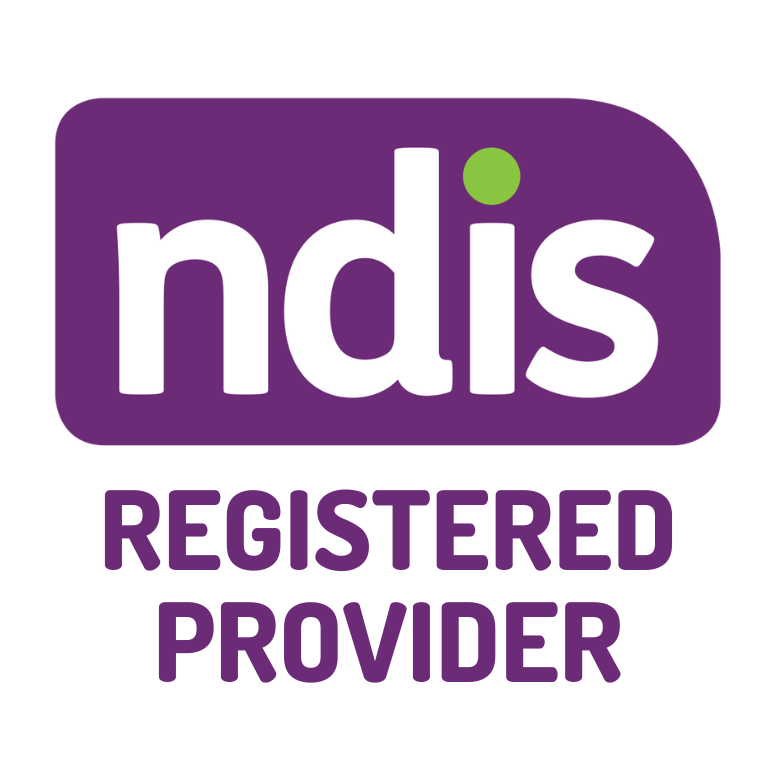Supported Independent Living (SIL): Everything You Need to Know

Living with higher support needs can turn everyday life into a battle.
Cooking a meal, getting ready in the morning, or keeping the house safe and tidy, what others take for granted, can feel impossible without help.
And participants often whisper: Will I ever live on my own terms?
And Mark is one of those NDIS participants who wants to live on his own terms.
To support individuals like Mark, the NDIS funds Supported Independent Living (SIL). It’s not charity; it’s a practical support system designed for individuals who require assistance around the clock.
SIL gives participants the safety they need today and the confidence to build independence for tomorrow.
At Marble Care, we help you gain that confidence and independence with our SIL homes across Melbourne.
Providing dignity, freedom, and the chance to live in a home where you feel safe, respected, and in control. Just how we supported Mark!
In this guide, we’ll find what SIL is, what’s included and excluded, and how it benefits the participants. And how it is funded in your plan.
What is Supported Independent Living (SIL) under the NDIS?
Supported Independent Living, or SIL, is support funded by the NDIS under the Core support category. For people who need help at home every day and night.
It covers things like personal care, cooking, taking medication, and making sure you are safe at home. The goal is not only to give you support but also to help you build skills and independence over time.
You can get SIL support in your own home or in a shared home with other participants.
SIL homes are mainly for participants with higher support needs, those who need ongoing help, often 24/7, including overnight support.
It’s different from other NDIS housing supports. For example:
- ILO (Individualised Living Options): flexible living arrangements for people with less intensive needs.
- SDA (Specialist Disability Accommodation): housing that’s specially built for accessibility but doesn’t include daily support workers.
With SIL, you get both a safe place to live and the support you need to live more confidently and independently.
Benefits of Living in Supported Independent Living:
- 24/7 professional support for safety and peace of mind.
- Tailored care to boost independence.
- Life skills development for self-reliance.
- Social and community engagement.
- Safe, comfortable, home-like environment.
Our SIL Homes in Melbourne are perfect for participants who are seeking to move to a new place for better support. Take a sneak peek at our SIL home.
If you are exploring Supported Independent Living in Melbourne, feel free to call us at 1300 378 403.
What Does SIL Include and Not Include?
Supported Independent Living (SIL) isn’t just a roof over your head; it’s the freedom to live your life with confidence, knowing support is always within reach.
But it’s important to be aware of what’s part of your plan, and what isn’t.
What SIL Includes:
- Personal care: hygiene, dressing, eating; the support is done your way.
- Skill-building: cooking, cleaning, managing routines, and growing independence.
- Support: medication, behaviour plans, safety checks, and community access.
What SIL Does Not Include:
- Rent, groceries, and utility bills.
- Nursing or medical care.
- Holidays or non-disability-related expenses.
Before entering SIL as a participant, you must know what is included and what is not. Because with SIL, you get the independence you want, with the support you need, nothing more, nothing less.
Who is Eligible for Supported Independent Living?
Supported Independent Living (SIL) is designed for adults who need significant support to live safely and independently. It’s not for everyone, but for those who qualify, it can be life-changing.
Eligibility Includes:
- Participants are between 18-64 with high daily support needs.
- People who require help at home most of the time often 24/7.
- Those living in shared housing, or, in some cases, living alone.
- Approval is based on an assessment considering goals, independence, and professional reports.
Through a plan meeting with your Local Area Coordinator (LAC) or Support Coordinator, you can initiate the process to find the right, suitable SIL homes that best fit your needs.

Why Choose Marble Care for Supported Independent Living?
At Marble Care, we empower independence, dignity, and confidence. Every decision, every plan, every action centres on what matters most: you.
Why Marble Care Stands Out:
- Person-centred care that prioritises independence and dignity
- Safe, welcoming, and supportive living environments
- Skilled, compassionate, and professional support staff
- Full commitment to NDIS Quality and Safeguarding standards
- Tailored support plans that evolve with your needs
With Marble Care, it’s more than a place to live; it’s a place to support you in thriving.
Take Back Your Independence with Marble Care. Reach out today and step into a life of freedom, confidence, and care tailored just for you.

















